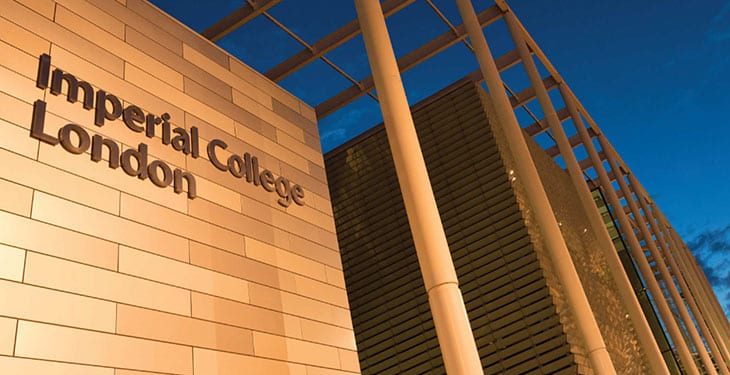London: Human trials are set to begin this week for a new COVID-19 vaccine candidate. The vaccine has been developed by researchers at the Imperial College here. The trial has been made possible by more than 41 million pound funding from the UK government. An additional five million pounds have come in the form of philanthropic donations.
First phase of trials
As part of the trial, 300 healthy participants will receive two doses of the vaccine over the coming weeks. This was disclosed by researchers late Monday night at the Imperial College. They added that the vaccine had undergone rigorous pre-clinical safety tests and in animal studies. It had been shown to be safe and produced encouraging signs of an effective immune response.
If the vaccine is found to be safe and shows a promising immune response in humans, then larger Phase-3 trials would be planned. This will begin later in the year with around 6,000 healthy volunteers to test its effectiveness.
Official statement
“We’ve been able to produce a vaccine from scratch and take it to human trials in just a few months – from code to candidate. This has never been done before with this type of vaccine,” said Professor Robin Shattock. He is from the Department of Infectious Disease at Imperial and is leading the work, in a statement.
“If our approach works and the vaccine provides effective protection against disease, it could revolutionise treatment for disease outbreaks in future,” added Shattock.
New approach
Many traditional vaccines are based on a weakened or modified form of virus, or parts of it. However, the Imperial College vaccine is based on a new approach. It uses synthetic strands of genetic code (called RNA), based on the virus’s genetic material.
Once injected into muscle, the RNA self amplifies – generating copies of itself. It then instructs the body’s own cells to make copies of a spiky protein found on the outside of the virus. This should train the immune system to respond to the coronavirus so the body can easily recognise it and defend itself against COVID-19 in future.
IANS






































